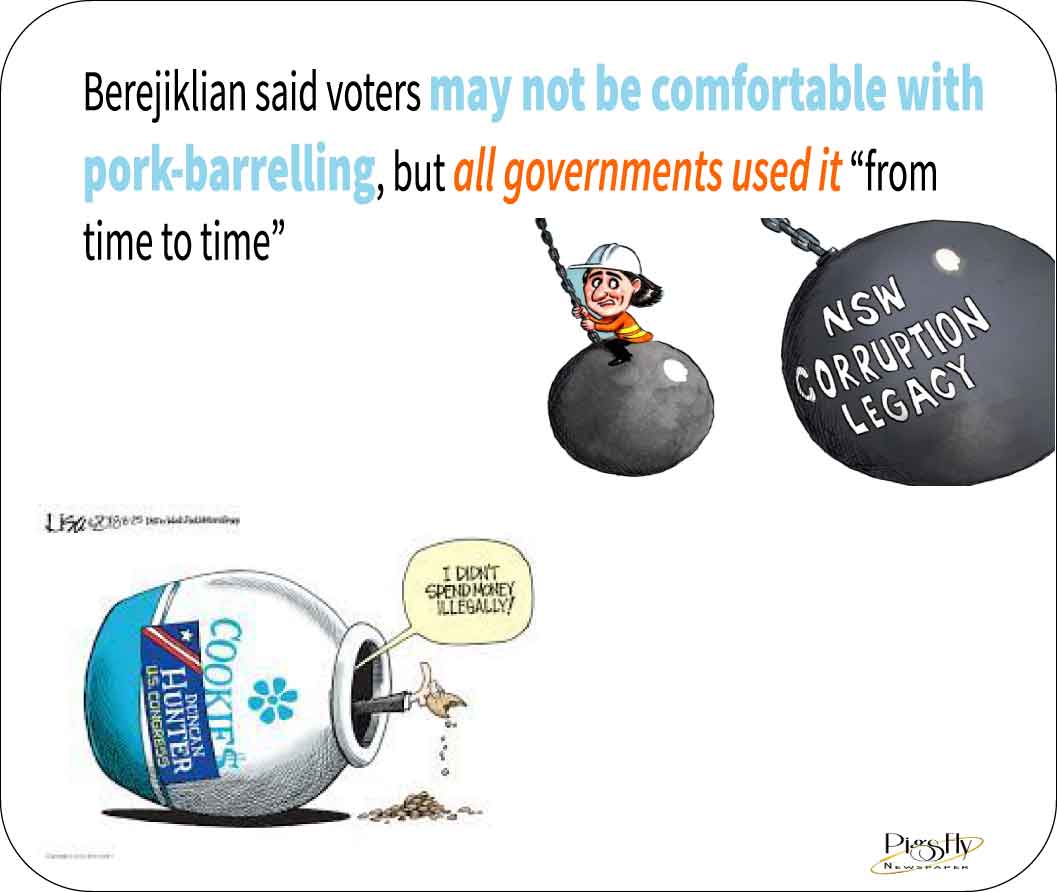Ms Crawford said round two of the program rewarded councils that worked “constructively” with government during the amalgamations. This was interpreted in a briefing note to Ms Berejiklian as councils that “did not take legal action against us”.
The audit also described “deficient” guidelines for the program that were not used to select projects.
“We cannot rule out that deficiencies in the guidelines were an attempt to avoid accountability for and transparency over the government’s decision … to assist councils that supported the merger process.”
Ms Crawford made recommendations including for a new grant administration model based on ethical principles and a requirement for any ministerial override to be documented.
Metropolitan councils for which mergers were ultimately abandoned – that did not take the government to court – were Waverley, Burwood, City of Canada Bay, Hornsby Shire and City of Ryde.
Four of the five councils received grants valued between $2.4 million to $2.6 million, while Hornsby Shire alone controversially received $90 million to transform a disused quarry into a park.
The audit also examined the Regional Cultural Fund, finding then-arts minister Don Harwin overruled independent recommendations by bureaucrats in almost one quarter of grants.
It follows an upper house inquiry into the program last year, which found it was deliberately devised to accommodate pork-barrelling and punish councils who objected to mergers before the 2019 state election.
Premier Dominic Perrottet in November ordered a review into grants programs in NSW as part of a commitment to ensure confidence in the expenditure of public money.
Asked on Tuesday whether he could assure people that he would not engage in pork barrelling at the next state election, Mr Perrottet said he had zero tolerance for the practice in his government.
“I’ve made it abundantly clear to every single one of my ministers – they are the ones responsible for the decision-making in relation to those grants programs and the outcomes,” he said.Mr Perrottet added that community projects such as new netball courts in regional parts of NSW would not have been built without grants.
Opposition special minister of state John Graham called on the government to support Labor’s grants bill through the lower house when Parliament resumes.
“Without the government backing that bill, the scandals that the Auditor-General refers to could happen again.”
Upper house Greens MP David Shoebridge said the government could not hide from the “harsh findings” of the Auditor-General.
“Premier Perrottet must now take up reforming the dodgy grants scheme as soon as parliament returns next week. This cannot wait for another report and yet more delay.“








